Liberia is a country in West Africa which is bordered by Sierra Leone, Guinea and Ivory Coast with an area of 111,369 square kilometers and population of approximately 4.6 million people. It has a republic system of government where the president is the chief of state and head of the government. The country is in the process of reconstructing a mixed economy. This will encompass restricted form of individual freedom merged with weak centralised economic planning and government directives. Liberia is a member of the Economic Community of West African States (ECOWAS). For fourteen years the country remained under civil war and during this phase of conflict more than 250,000 people died and around 1.3 million people were displaced from their homes.
Political Scenario in Liberia
Liberia has faced a turbulent history marred by years of civil war and the 2014 Ebola epidemic. The country has not witnessed a peaceful transition of power since 1944. Mrs. Sirleaf became the first woman to be elected the Head of State in Africa in 2005. The country faced two civil wars, first from 1989 to 1996 and the second which occurred from 1999 to 2003. Mrs. Sirleaf, in her 12 years of power, tried to make the country a better place to live in, as the two civil wars had left Liberia; once a moderately prosperous country, in ruins. For her contribution to democracy, she was awarded the Nobel Peace Prize in 2011. Despite her efforts, the country remains one of the world’s poorest and she has been criticised over constant poverty and corruption charges. Half of the population of Liberia remains poor and about half of them suffer from inadequate food security. Generating employment remains the country’s most important domestic priority.
On the 26th of December 2017, the country experienced the first peaceful transition of power in 73 years. After the completion of two terms of Ellen Sirleaf Johnson, a former international footballer Mr. George Weah was elected President of Liberia. It was Mr. Weah’s second attempt at the presidency as a candidate. In 2006, he lost his first attempt to Mrs. Sirleaf. The Liberians were commended by the United Nations Security Council for the conflict-free conduct of elections. Apart from its people and government, the Security Council has also praised the political leaders and civil society organizations for their commendable job. Also, the media was applauded for the peaceful conduct of elections.
India-Liberia Relations at a Glance
India-Liberia relations date back over six decades of strong bonds of friendship and economic cooperation. It was President Ellen Johnson Sirleaf, the first Head of State from Liberia to visit India in the year 2013 when the following agreements were signed between the two countries:
• Joint Commission between both the nations were established;
• MoU between Foreign Service Institutes of both the nations;
• In the field of Oil and Gas - MoU on cooperation;
• Decision regarding funding of power transmission and distribution project in Liberia, with an agreement between Exim Bank and Government of Liberia for a Line of Credit of US$ 144 million.
Prior to this, the only visit was by President Samuel Doe in 1983, that too, to attend the Non-Alignment Summit held in Delhi. In the year 2009, Dr. Shashi Tharoor visited Liberia which was the first visit by an Indian Foreign Minister since 1971, where he brought to limelight the interest of several Indian companies in various economic sectors for development - as Liberia is rich in mineral resources. Moreover, the country is rich in agricultural resources like rubber, coffee and cocoa. In 2015, Minister of State, Heavy Industries and Public Enterprises, Mr. G Siddeshwara went to Liberia personal invitation of Prime Minister’s to invite Mrs. Sirleaf for the third India Africa Forum (IAFS) Summit at New Delhi. During her address in the IAFS, she thanked the Indian Government and its people for the support that India had extended to Liberia to combat the Ebola Virus Disease (EVD). She mentioned that the level of trade between the two countries continues to expand and access to India’s Duty Free Tariff Preferred Status enhances the partnership further.
At present, there are around 2000 Indian nationals settled in Liberia. Initially, the Indian community was mainly engaged in trading industries, however; nowadays, the diaspora is also moving towards manufacturing sector. The diaspora has made substantial contributions to the Liberian economy and the trade during the year 2016-17 stood at US$153.96 million. The main items of export to Liberia are pharmaceuticals products, food items, steel, iron, plastic, etc. - while wood, metals scrap and natural rubber are the items that India imports from Liberia. In the year 2017 -18, India provided 70 training slots to Liberia under the Indian Technical and Economic Cooperation (ITEC) Programme. The Indian Council of Cultural Relations also granted fully paid scholarships to six person for post-graduation. Liberia has shown its complete support for India’s desire for a permanent membership of the United Nation Security Council. In addition, India’s contribution of two contingents to United Nations Mission in Liberia (UNMIL), both 125-member strong has been well appreciated by Liberia. It was in the year 2007, that the first-ever women’s contingent of United Nation Peacekeeping i.e. the Female Formed Police Unit (FFPU) was sent to the United Nations Mission in Liberia.
To further strengthen the relationship, a significant role can be played by the establishment of an Indian Embassy in Liberia. India does not have a Liberian Mission in New Delhi. The opening of a Mission will give both the nations an edge to facilitate the bilateral movement of people and goods. This, in the long run will propel and promote business relationships between the two nations.
Conclusion
At present, the country looks forward for a better and efficient leadership of George Weah. It would not be an exaggeration to say that much is expected from the newly-elected president to make his country a better place to live in. A wise man once said “With great power comes great responsibility” -- a quote which couldn’t have been a better yardstick for Mr. Weah and his country in the months ahead.
(Views expressed are of the author and do not necessarily reflect the views of the VIF)
Image Source: http://gnnliberia.com/wp-content/uploads/libe-MMAP-md.png

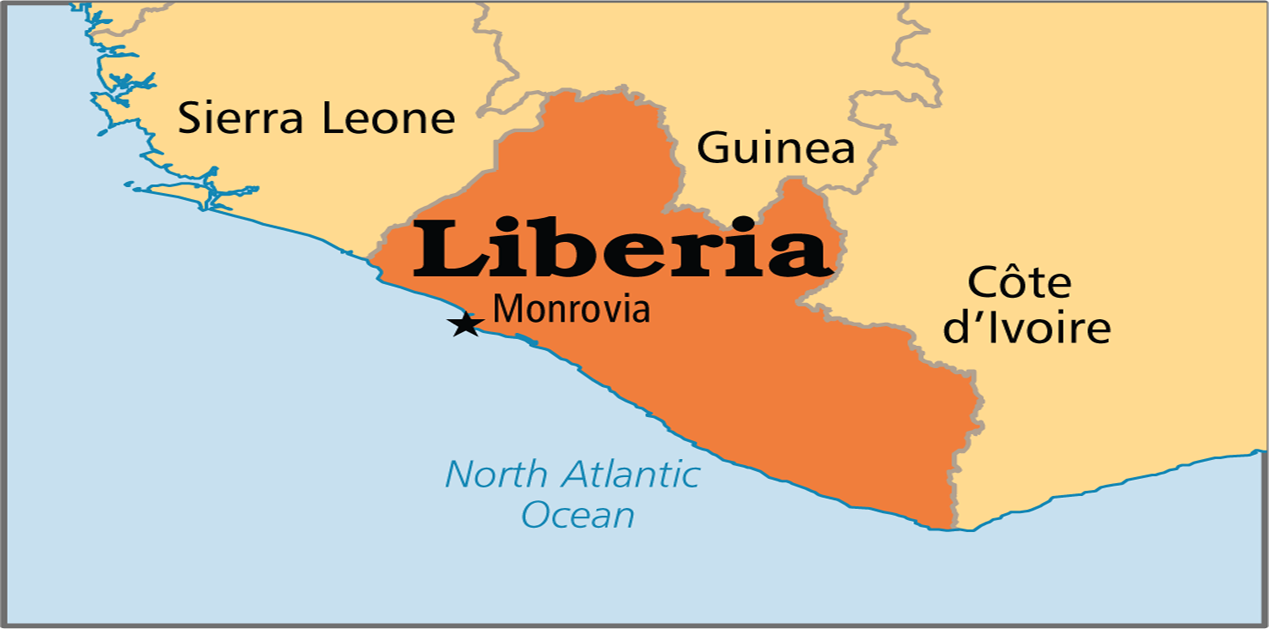
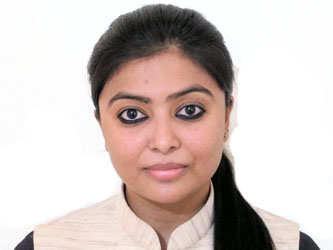

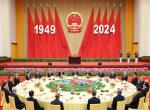
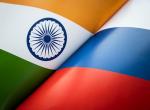
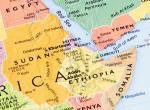

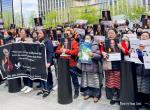


Post new comment